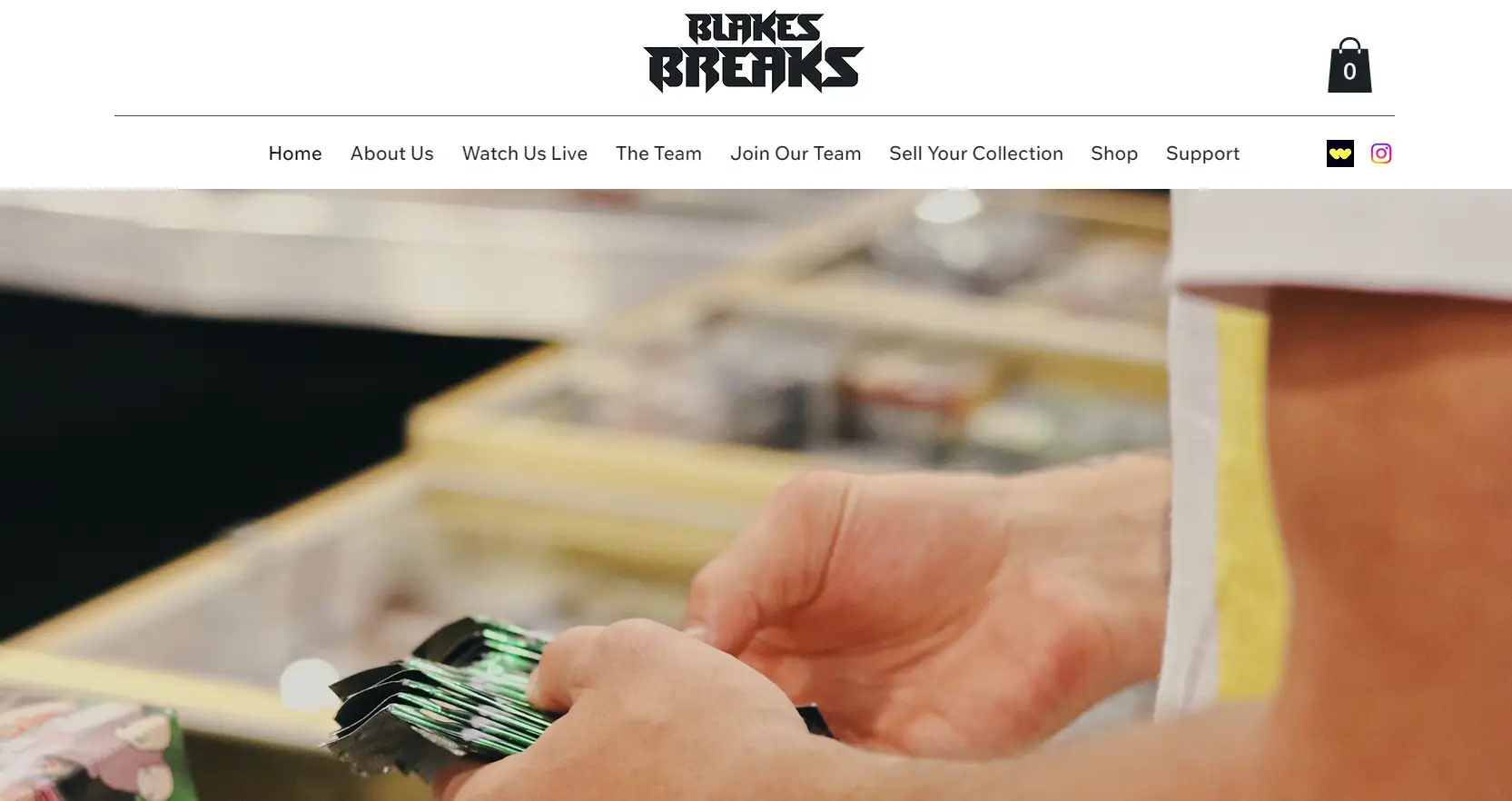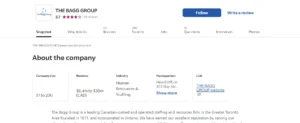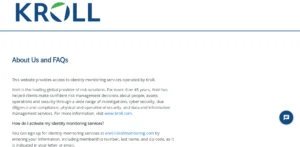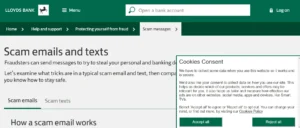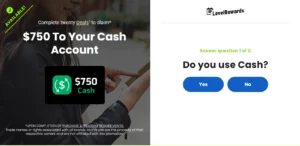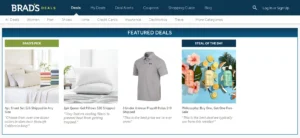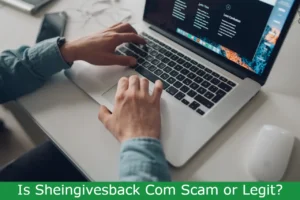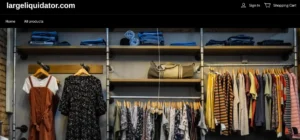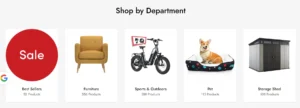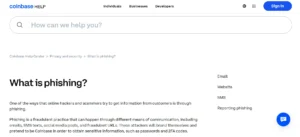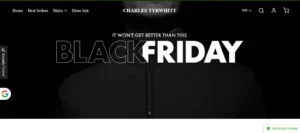Blakes Breaks Scam Explained – Are you an avid card collector? Have you ever wondered about the darker side of this seemingly innocent hobby? Well, get ready, because we’re about to dive deep into the world of card-collecting scams, manipulation, and controversies.
In this article, we’ll expose the scammers and questionable practices that plague the industry. You’ll learn about notorious bounty poke scammers like Blake’s Breaks, TCG Treasure Chest, and Kraken Hits, who prey on unsuspecting collectors.
But it doesn’t stop there. We’ll also explore the psychological tactics used by streamers to exploit your emotions and manipulate you into spending more.
And let’s not forget about the consumer behavior aspect, where people willingly pay inflated prices for minimal chances of hitting bounties.
We’ll even shed light on the role and fees of the Whatnot platform.
So, buckle up, because we’re about to reveal the dark underbelly of card collecting that you never knew existed.
Blakes Breaks Scam Questionable Practices
You should be aware of scammers and questionable practices in the card-collecting community. Some examples of these scammers include large bounty poke scammers like Blake’s Breaks, TCG Treasure Chest, and Kraken Hits. These scammers lure collectors in with promises of high-value cards or bounties but often fail to deliver on their claims.
This not only has a negative impact on the card-collecting community but also creates a sense of distrust and disappointment among collectors.
Furthermore, there are streamers who manipulate buyers’ emotions and exploit gambling addictions. They create a ‘hanging out with friends atmosphere during their streams, making low-tier hits seem exciting and enticing collectors to bid higher prices. This behavior not only takes advantage of collectors’ emotions but also raises legal implications and consequences.
It is important for collectors to be cautious and informed about these practices, as they can have a detrimental effect on the card-collecting community. By being aware of these scams and manipulative tactics, collectors can protect themselves and contribute to a more transparent and trustworthy card-collecting environment.
Psychological Tactics by Streamers
Psychological tactics employed by streamers to create an engaging and addictive atmosphere during card pack openings have ethical implications and can significantly impact the card-collecting community.
Streamers use various strategies to make their streams more enticing. They create a ‘hanging out with friends atmosphere, making viewers feel like they are part of a community. This sense of belonging and camaraderie keeps viewers coming back for more.
Another tactic streamers use is making even low-tier hits seem exciting. They amplify the excitement and celebration around every pull, regardless of its actual value. This creates a sense of anticipation and keeps viewers hooked, always hoping for that big hit.
Streamers also exploit gambling addictions by manipulating buyers’ emotions. They use tactics such as hyping up the potential rewards and downplaying the risks involved. This can lead buyers to make impulsive decisions and spend more money than they initially intended.
Furthermore, streamers label critics as ‘bid shamers’ to silence any negative feedback or concerns raised. By doing so, they create a culture where any criticism is dismissed, and viewers are discouraged from questioning the streamer’s actions.
These tactics can lead to increased prices and a sense of urgency among buyers. The fear of missing out and the desire to be part of the excitement can drive up demand for the stream and the card packs being opened.
While streamers may argue that they are simply catering to market demand, it is important to recognize the negative consequences of these tactics. Buyers may feel pressured to participate, leading to buyer’s remorse or financial strain.
Viewers need to be aware of these tactics and make informed choices about their participation in card pack openings. It is crucial to understand the psychological manipulation at play and consider the potential risks before engaging in this type of content.
Consumer Behavior and Willingness to Pay
Consumers’ behavior and willingness to pay are influenced by streamers’ tactics during card pack openings. Streamers have a significant impact on the secondary market. They drive up prices by creating a sense of urgency and excitement around card pack openings. By offering better rewards and easier bounties, they exploit buyers’ desires for valuable cards and manipulate their emotions.
However, these tactics raise ethical considerations in card collecting. Streamers take advantage of the demand for rare cards, selling packs at inflated prices and profiting from consumers’ willingness to pay. This creates an imbalance in the market and can lead to unfair practices.
While consumers have the freedom of choice and alternatives, they may still feel pressured to bid due to a desire for belonging or fear of missing out. It is important for consumers to be aware of these tactics and make informed decisions to avoid falling victim to scams and manipulation in the card-collecting community.
Blakes Breaks Scam – Role and Fees of Whatnot Platform
When participating in card pack openings on the Whatnot platform, it is important to consider the role and fees associated with it.
The platform charges high fees for sellers, which can significantly impact their profits. Sellers are also required to pay taxes on their sales, further reducing their earnings.
Due to these fees, selling $3 packs on the platform may not be profitable for sellers. As a result, sellers often rely on bounties as a way to compensate for the high fees. These bounties are similar to mystery pulls and come with varying values that may or may not be worth the price paid.
Buyers should be aware of the financial implications of participating in these pack openings. They need to carefully consider if the potential rewards outweigh the costs involved.
Frequently Asked Questions
How do scammers target card collectors in the industry?
Scammers target card collectors in the industry through common scams like selling overpriced packs, fake autographs, and non-existent rare cards. To avoid them, collectors should research sellers, use authentication services, and be cautious of deals that seem too good to be true.
What are some common psychological tactics used by streamers to manipulate buyers?
Psychological tactics employed by streamers to manipulate buyers include creating a sense of camaraderie, exaggerating the excitement of low-tier hits, exploiting gambling addictions, and labeling critics as ‘bid shamers.’ These tactics raise ethical concerns in card collecting.
Are buyers aware of the minimal chance of hitting the bounty when purchasing high-priced packs?
Buyers may not be fully aware of the minimal chance of hitting the bounty when purchasing high-priced packs, leading to disappointment. Rarity plays a significant role in card values, driving up prices.
How do high fees on the Whatnot platform impact sellers’ profits?
Auction dynamics on the Whatnot platform can significantly impact small sellers’ profits due to the platform’s high fees. These fees eat into the sellers’ earnings and make it difficult for them to make a profit.
Are there any alternatives to bidding on card-collecting sites that offer lower prices?
Alternative purchasing options for card collectors looking for lower prices include exploring different streaming platforms and auction sites, negotiating deals with sellers directly, participating in group breaks, or joining card trading communities.
Also Read
Is Borodex.Com A Legit Investment Site Or A Risky Scam?
Is Carfromjapan.Com Legit Or A Scam? Unveiling The Truth
Also Read
Pure Leaf Grant Scam – Pure Leaf’s No Grants Contest!
Clissal Shop Scam: A Warning For Online Shoppers
Also Read
Is Briar Travel Legit or a Scam? Unforgettable Bahamas Vacations!
Is Adorama Legit or a Scam?: Can You Trust Them?
Also Read
Waterparksale.Com: Is It Legit Or A Scam? Avoid Shopping Scams
Is Tx.lotto.com Legit or a Scam? Unlock Your Lottery Dreams
Also Read
Is Fragrancenet.com Legit? Discover Affordable Fragrances!
Is Designer Optics Legit? Designer Optics Delivers Style And Function
Also Read
Liclothina Scam – Is This Clothing Store Legit or a Scam?
Social Oasis Reviews – Is Social Oasis Legit or a Scam?
Also Read
Cyberselectivedeals.com a Scam or Legit? Beware Of Scammers
Is Mahee Consulting Services Legit or a Scam? Unveiling The Suspicion
Also Read
Is Docupdate Legit or a Scam? Unveiling Docupdate Scam
Is Rabbitstrict.com Legit? Rabbitstrict.com Scam Store Alert!
Also Read
Is University Cask Scam Or Legit? Uncovering The Truth
Vuletti Jewelry Reviews: Legit Or Scam? Uncovering The Truth
Also Read
Is Fokups Scam or Legit? – Fake Usps Website Threat
Is Enroll.Krollmonitoring.Com Scam or Legit? Website Reviews
Also Read
Is Peter Popoff’s Miracle Spring Water Legit Or Scam? Explained
Fivehuge.com Scam or Legit? Assessing The Legitimacy Of Fivehuge.Com
Also Read
Census Bureau Texts Scam – Ensuring The Legitimacy
Is Yourhealthcarepilot Scam or Legit? Exposing Yourhealthcarepilot.Com
Also Read
Allure Sports Scam Explained – Allureusports.Com Reviews
Is Foxden Capital Scam Or Legit? – Unveiling Foxden Capital Reviews

